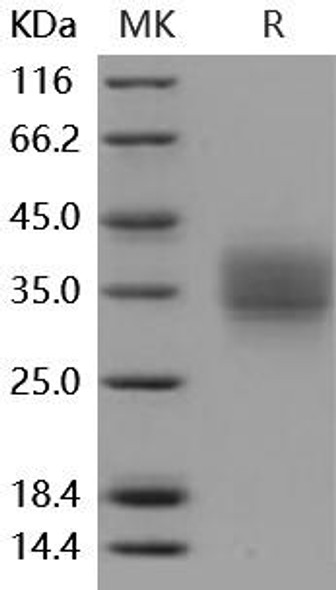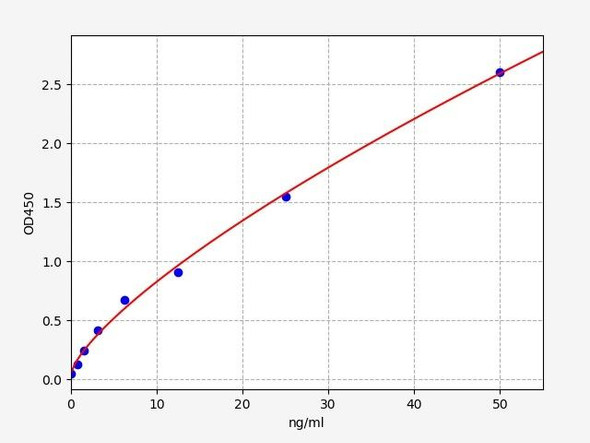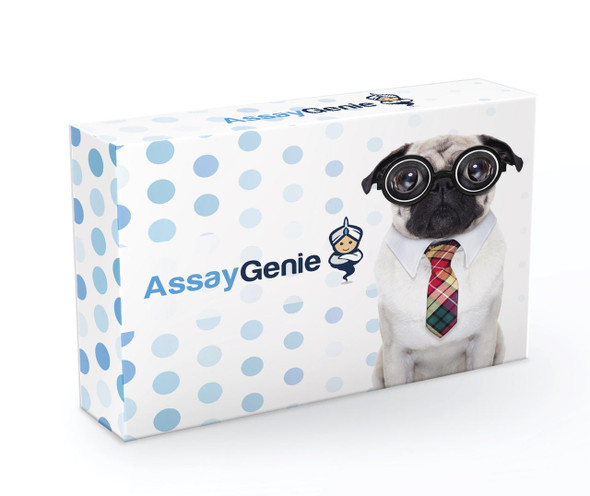Recombinant Human Frizzled-1/FZD1 Protein (RPCB0748)
- SKU:
- RPCB0748
- Size:
- 10µg
- Tag:
- C-hFc&His
- Reactivity:
- Human
- Expression Host:
- HEK293 cells
Description
| Product Name: | Recombinant Human Frizzled-1/FZD1 Protein |
| SKU: | RPCB0748 |
| Size: | 10µg |
| Tag: | C-hFc&His |
| Reactivity: | Human |
| Expression Host: | HEK293 cells |
| Protein Description: | High quality, high purity and low endotoxin recombinant Recombinant Human Frizzled-1/FZD1 Protein , tested reactivity in HEK293 cells and has been validated in SDS-PAGE.100% guaranteed. |
| Endotoxin: | < 0.1 EU/μg of the protein by LAL method. |
| Purity: | > 92% by SDS-PAGE. |
| Formulation: | Lyophilized from a 0.22 μm filtered solution of PBS, pH 7.4.Contact us for customized product form or formulation. |
| Gene ID: | 8321 |
This protein belongs to the G-protein coupled receptor Fz/Smo family. FZD1 contains a signal peptide, a cysteine-rich domain in the N-terminal extracellular region, 7 transmembrane domains, and a C-terminal PDZ domain-binding motif. FZD1 is expressed in adult heart, placenta, lung, kidney, pancreas, prostate, and ovary and in fetal lung and kidney. Frizzled is a family of G protein-coupled receptor proteins that serve as receptors in the Wnt signaling pathway and other signaling pathways. When activated, Frizzled leads to activation of Dishevelled in the cytosol. Frizzled proteins and the genes encoding them have been identified in an array of animals, from sponges to humans. Frizzled proteins play key roles in governing cell polarity, embryonic development, formation of neural synapses, cell proliferation, and many other processes in developing and adult organisms. Most of frizzled receptors are coupled to the beta-catenin canonical signaling pathway, which leads to the activation of disheveled proteins, inhibition of GSK-3 kinase, nuclear accumulation of beta-catenin and activation of Wnt target genes.
| Storage: | Store at -20℃.Store the lyophilized protein at -20℃ to -80 ℃ up to 1 year from the date of receipt.After reconstitution, the protein solution is stable at -20℃ for 3 months, at 2-8℃ for up to 1 week. |
| Reconstitution: | Centrifuge the vial before opening. Reconstitute to a concentration of 0.1-0.5 mg/mL in sterile distilled water. Avoid vortex or vigorously pipetting the protein. For long term storage, it is recommended to add a carrier protein or stablizer (e.g. 0.1% BSA, 5% HSA, 10% FBS or 5% Trehalose), and aliquot the reconstituted protein solution to minimize free-thaw cycles. |
| Swiss-Prot: | Q9UP38 |







